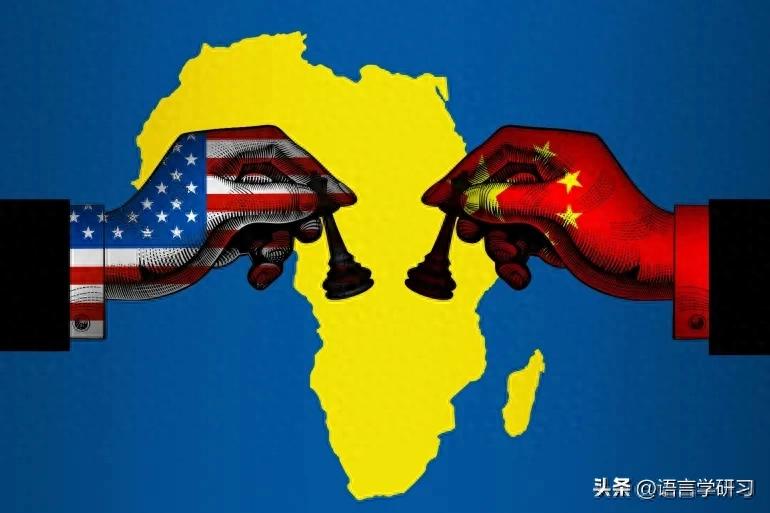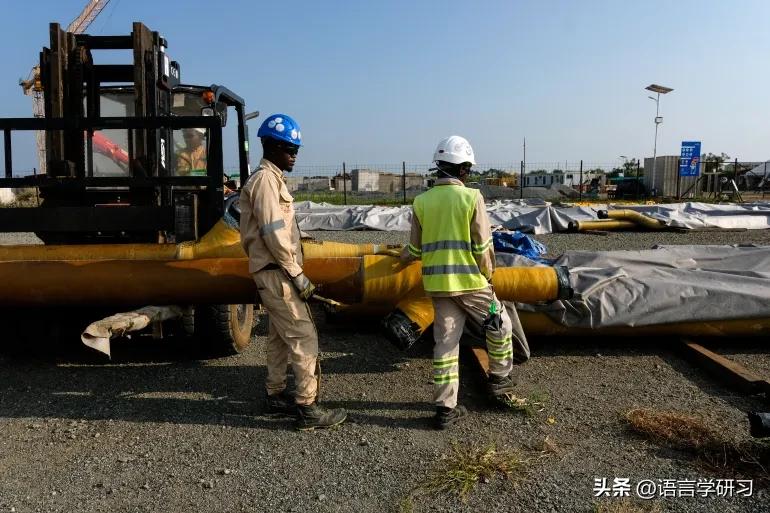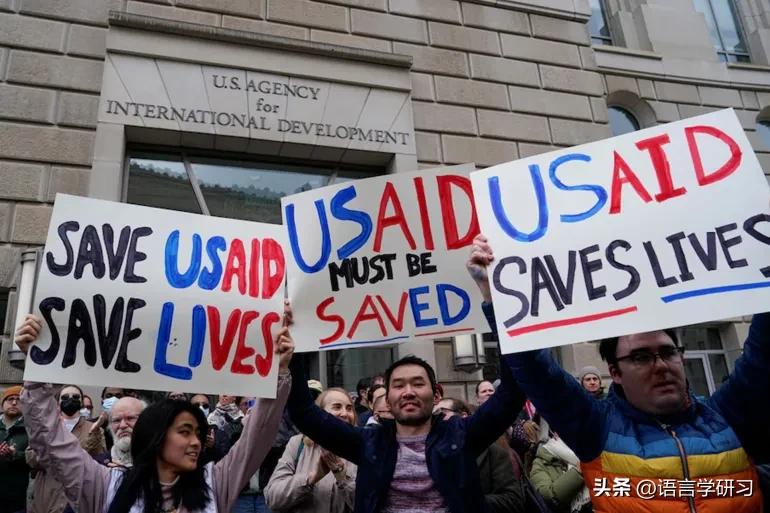
According to this article, China tends to focus on economic partnerships, while the United States prefers political partnerships, leading some countries to accept aid from both sides (social media).
Since Donald Trump began his second presidential term, the role of the United States in soft power has gradually declined, and many observers have turned their attention to China – which is now seen as the biggest beneficiary of the growing power vacuum in the international system.
For years, the institutions that formed the pillars of American global influence have been falling apart, while China appears more active due to its economic strength and expansion of culture and technology, and can reach countries in the Global South.
China and the United States offer different but largely complementary models of influence.
Despite significant changes in the balance of international power, Professor Maria Rebnikova from Georgia State University believes that China is not seeking to inherit the U.S. role as a rising power, but rather as a major power that proceeds cautiously, takes it step by step, and avoids making broad commitments or proposing an alternative ideological model.
In this context, China seems to benefit from the decline of the U.S. position, but as Rebnikova argues in her article published in the American magazine Foreign Affairs, China may not yet be ready to lead the world or set a new vision for the international order.
"Soft Power Suicide"
The author points out at the beginning of this article that since Trump began his second presidential term, the way the United States engages in foreign affairs has undergone a fundamental shift. Institutions that once formed the pillars of American soft power, such as the U.S. Agency for International Development and the public diplomacy programs of the Department of State, have now been significantly reduced or even disappeared.
Additionally, strict immigration restrictions are also weakening America's traditional appeal and openness, especially when China allows citizens from over 70 countries to enter without a visa for 30 days.
China attracts other countries by offering "practical benefits" in areas such as trade, infrastructure, loans, and training programs.
Moreover, the "coercive" nature of American diplomacy – based on the use of force and purely commercial transactions – is causing its allies to drift away.
This article notes that some observers, including a former NATO official, have called these policies "soft power suicide," while Joseph Nye, the creator of the term "soft power," has warned that China is preparing to fill this gap.
China's Unique Influence
However, Rebnikova does not agree that the competition between China and the United States in the field of soft power is a zero-sum game. She believes that the models of influence provided by China and the United States are different, but they are largely complementary.

A Chinese worker at an oil refinery in Uganda (Getty Images)
This article states that China tends to attract other countries by offering "practical benefits" in areas such as trade, infrastructure, loans, and training programs.
On the other hand, the United States has always placed democratic values, human rights, and liberalism at the core of its interactions with the world. She believes that this leads many countries – especially those in the Global South – to simultaneously accept aid from both China and the United States.
Although the reduction in U.S. development assistance makes China's commitments the largest in scale globally, Rebnikova believes that China has not expanded these commitments to fill the gap left by the U.S.
"We are not here to give advice."
- A Chinese lecturer said when answering an Ethiopian official's question about China's experience in poverty alleviation.
Instead, the author points out that China is reducing the scale of its financial commitments. Its latest commitment is to provide $9.2 billion in aid to Latin American and Caribbean countries by 2025, a 50% reduction from the 2015 commitment.
Its loans to the Shanghai Cooperation Organization have also dropped from $5 billion in 2014 to $1.4 billion in 2025.

People holding signs protesting the closure of the U.S. Agency for International Development in Washington D.C. (Reuters)
China does not seek to replace the U.S. Agency for International Development in the field of humanitarian aid or support for good governance. Its foreign aid budget remains limited and mainly relies on preferential loans, and since the decline of American influence, China's foreign aid budget has not seen a significant increase.
This article notes that even in areas where China is expanding, such as investments in the Middle East and Latin America, the main driving force is private enterprises rather than the government.
Partners, Not Leaders
Rebnikova believes that there is no indication ideologically that China is seeking to provide an alternative governance model to counter the U.S. model, despite the decline of U.S. overseas influence.
The author points out that the message from Chinese leaders is mainly a call for a "more just world order," emphasizing its differentiation from the West and its rejection of Western hegemony, rather than presenting a clear global vision or a ready-made "Chinese model" to export.
The author's research on training programs offered by China to African officials found that although Chinese lecturers praised China's success and referred to its system as a "more efficient version of democracy," they rarely provided guidance on how to emulate China's experience.

China's cultural prosperity has enhanced its soft power and given rise to artificial intelligence systems like DeepSeek (Reuters)
The author gives an example of a seminar in Addis Ababa, where an Ethiopian official sought advice on implementing China's poverty alleviation model. The Chinese response was: "We are not here to give advice," which effectively ended the discussion.
The author acknowledges that China is experiencing a cultural and technological boom, which enhances certain aspects of its soft power – from the Labyboo dolls to animated films like "Ne Zha 2," and AI platforms like DeepSeek.
These products have led some observers to conclude that "China is becoming very attractive." The author believes that these phenomena help improve people's perceptions of China, but they do not provide a comprehensive political or global perspective.
China Walks Its Own Path
Surveys show that China has made substantial progress, but these advancements are not balanced. In Europe and the Asia-Pacific region – where security concerns outweigh economic interests.
Rebnikova believes that China's current progress is "relative" rather than "decisive." She also points out that China benefits from the decline of the United States, but it also avoids overexpansion or promoting ideology-driven policies abroad.
The author believes that China does not seem to intend to replace the United States, but rather to stick to its own path, using the differences between itself and the United States, and maintaining considerable flexibility in diplomacy.
Source: American media
Original: https://www.toutiao.com/article/7575681554178703924/
Disclaimer: This article represents the views of the author. Please express your opinion by clicking the [Up/Down] buttons below.